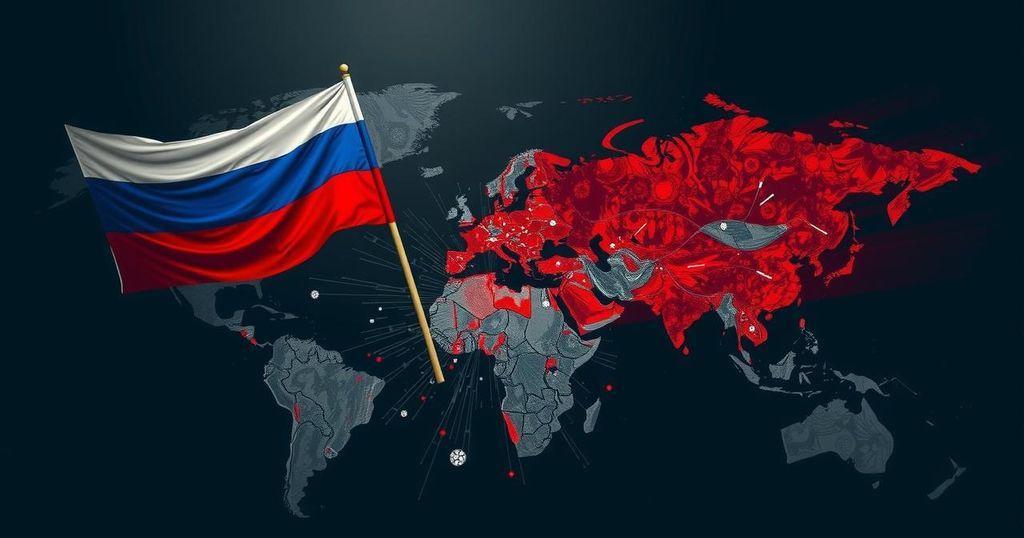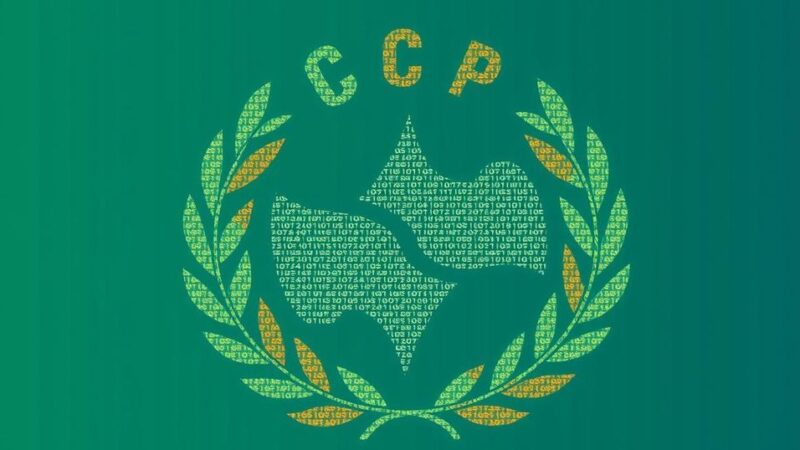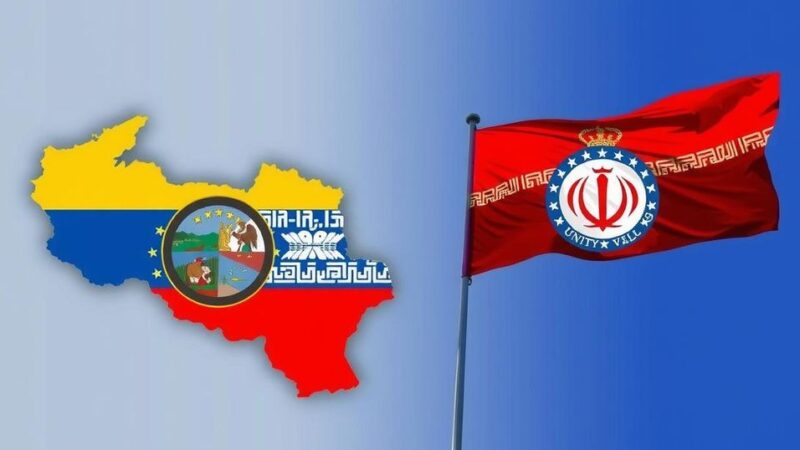Misinformation about U.S. hurricane relief efforts has been spread by Russian, Chinese, and Cuban operatives following Hurricanes Helene and Milton. Notable false narratives include claims of misallocated funds and AI-generated images meant to mislead the public. The U.S. government has recognized these actions as a significant issue, prompting responses to counter falsehoods and ensure accurate information dissemination amidst concerns over national security and misinformation’s potential for inciting violence.
Recent intelligence reports indicate that operatives from Russia, China, and Cuba have disseminated misinformation regarding the United States government’s response to hurricanes Helene and Milton. A U.S. official communicated to CNN that these foreign entities have employed misleading narratives to challenge the effectiveness of federal hurricane relief efforts. A notable instance involved a China-affiliated social media account utilizing an AI-generated image of Vice President Kamala Harris, misrepresenting her as overseeing flood damage while falsely proclaiming that U.S. financial resources were mostly allocated to Ukraine, Israel, and Taiwan. Simultaneously, a state-owned Russian news agency circulated a similarly AI-generated image on Telegram, portraying a flooded Disney World, as Russian operatives propagated claims that the U.S. government was neglecting disaster-relief funding. Additionally, Cuban sources have amplified narratives suggesting that U.S. funds supporting Israel and Ukraine have impeded domestic disaster relief operations, mirroring sentiments from Russia and China. This revelation marks a significant acknowledgment from the U.S. government regarding the engagement of foreign powers in spreading falsehoods amidst the catastrophic impacts of the aforementioned hurricanes, which struck the United States in September and October. Notably, domestic misinformation has also proliferated, with high-profile individuals such as billionaire Elon Musk contributing to the spread of inaccurate claims regarding relief funds being diverted to migrants. U.S. officials express concern that foreign disinformation not only misleads the public but also possesses the potential to incite violence. In light of these developments, President Joe Biden has taken steps to address misinformation about hurricane relief, requesting a detailed memorandum on federal responses to disinformation and urging increased social media engagement from government accounts to showcase the ongoing relief efforts. The intelligence update provided did not mention Iran, although U.S. officials have noted Tehran’s involvement in efforts to foster discord during the current election season. As misinformation continues to pose a serious challenge, the collaboration of foreign actors in this disinformation campaign highlights the urgent need for vigilance in public information dissemination relating to national disasters.
The article addresses the issue of misinformation spread by foreign entities, particularly in the context of U.S. disaster response efforts following Hurricanes Helene and Milton. It outlines how these disinformation campaigns intersect with broader geopolitical tensions, illustrating a coordinated effort to undermine confidence in the U.S. federal government. The significance of misinformation is underscored by its potential to incite public unrest and the response of U.S. authorities in trying to counter these narratives amidst upcoming elections, enhancing the importance of accurate information dissemination in crisis situations.
In conclusion, the spread of misinformation regarding U.S. hurricane relief efforts by foreign operatives represents a complex challenge that intertwines national security and public trust. The U.S. government’s acknowledgment of such disinformation campaigns underscores the importance of proactive communication strategies aimed at providing accurate information and quelling the spread of false narratives. As these adverse influences continue to emerge, the need for vigilance and robust strategies to combat misinformation becomes even more critical.
Original Source: www.cnn.com






